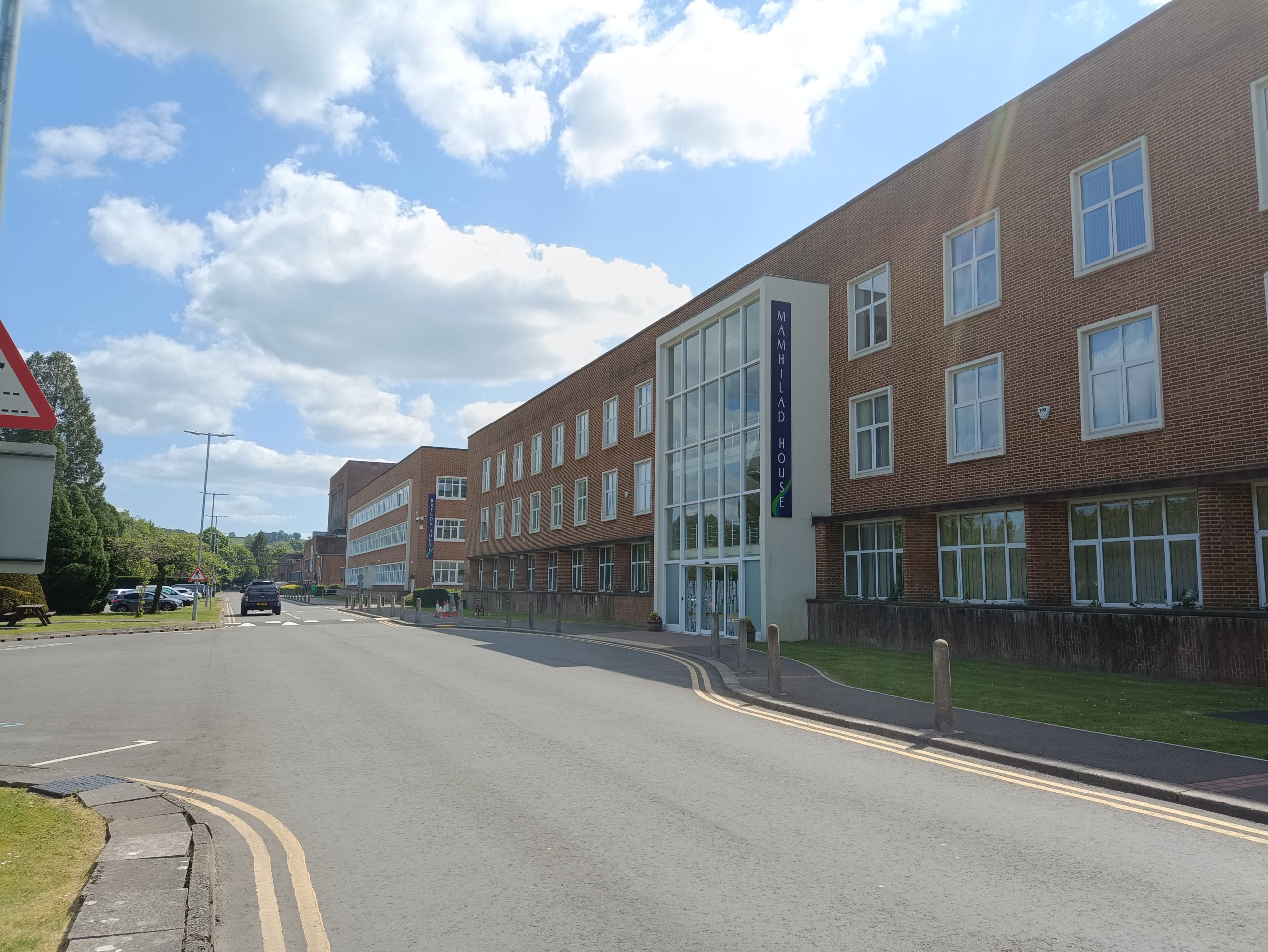RE24: Virtual Energy Manager - Commercial Buildings Energy Saving Expert
Your very own energy manager which identifies, recommends, and monitors energy-saving measures for you.

Lead Organisation
RE24 Limited
URL
re24.energy/case-study-virtual-energy-manager/
Status
Project completed March - June 2023
Location
London
Funding
£21,992
About the project
Virtual Energy Manager (VEM) is a real-time and data-driven energy auditing tool. It identifies, recommends, and monitors energy-saving measures for commercial buildings.
VEM gives recommendations on energy, cost savings, and decarbonisation after receiving data from the chosen building. VEM is bringing out a disruptive approach that integrates all aspects that consume energy within a building and gives technology-based solutions. The whole VEM product will be driven by three main functions: Measure, Benchmark, and Implement.
In phase 1, a technical and financial feasibility study was conducted to measure the viability of the VEM to commercialise in phase 2. The technical feasibility study assessed the capabilities of the proposed data-driven approach of VEM to make decisions in order to achieve the defined benchmarks. Here, the compatibility of the whole system heat, power, people, environment, and data and scalability of VEM was assessed. Meanwhile, in the financial feasibility study, the investment cost of VEM, commercialisation options and how it will be investable were assessed. The feasibility study results will help us determine the most suitable building portfolio for VEM.
What has been delivered? What has been successful?
Collaborated with Mamhilad Park Estate through a Letter of Intent for phase 1. Conducted the technical feasibility study: Collected data from the installed power, light, temperature, motion and humidity sensors of the building.
Afterwards, using PowerBI software, we conducted a technical analysis of the data. The found correlations will aid in developing VEM’s decision-making algorithms.

In summary:
- Clear energy usage patterns were discovered, helping predict device usage and user behaviour on buildings
- Site has an electric vehicle for facility management and one charging point, with no stations for staff. This was identified as an opportunity to expand charging stations and reduce carbon emissions overall.
We conducted a comprehensive financial feasibility study, projecting 10 years into the future. The study showed a break-even year from 2.5 years onwards after commercialising VEM.
What did the project achieve?
- Finalised the scope of VEM with the results of the feasibility study and expected project outcomes
- Partnered with subcontractors who can test the developed VEM prototype.
Key lessons learnt
Requires collecting data from disparate sources
Data needed for energy audits comes from diverse sources. Data security and compatibility of devices is a key point
Getting accurate and up-to-date energy efficiency advice
No energy-efficiency solution fits all buildings. Solutions don’t fit all stages of the building lifecycle. VEM will gather data from defined sources (i.e.- sensors, APIs) and train the VEM algorithm to give energy advice.
Next steps
We will develop the VEM prototype and conduct the demonstration of the VEM prototype at Mamhilad Park Estate, Allia Business Center, Exeter University, and Folio Education Trust. Afterwards, we will take the VEM prototype to the market with a significant user base from our existing partners. We will have market credibility by delivering VEM to these partners. We will deliver VEM prototype in selected verticals; Universities, Schools, Business Parks and Business Centres.

